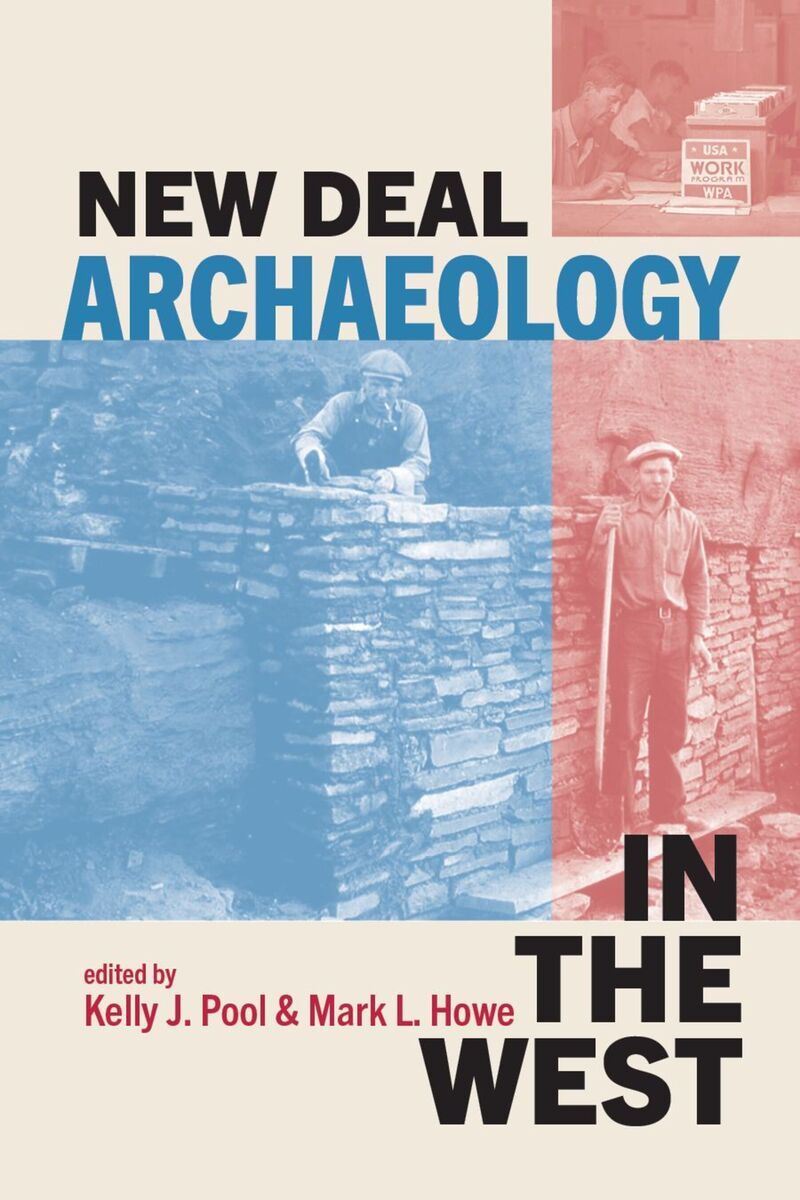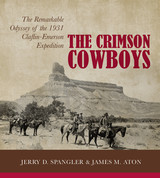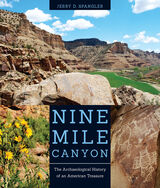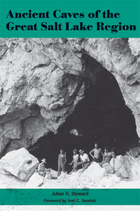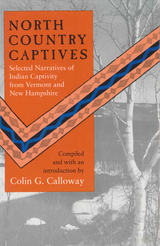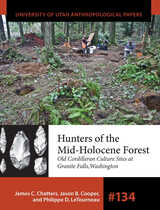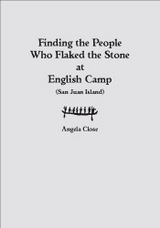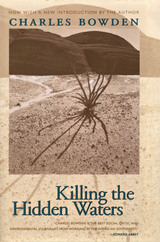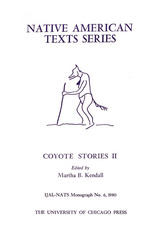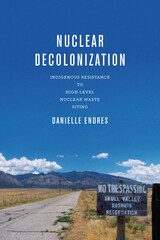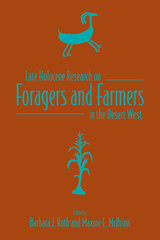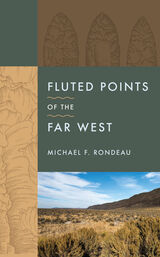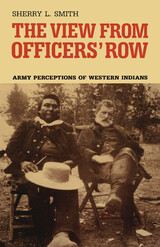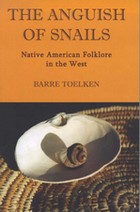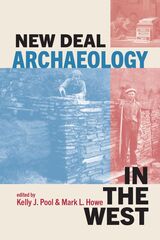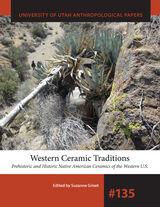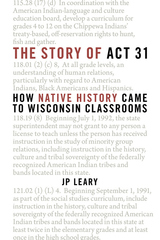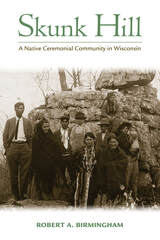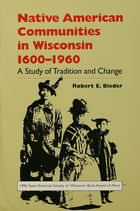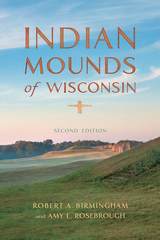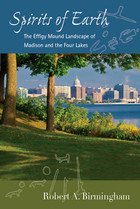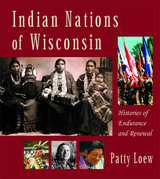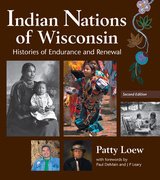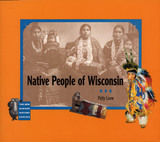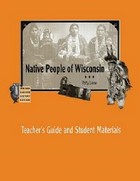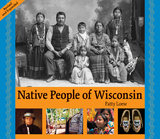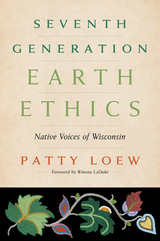New Deal Archaeology in the West
University of Utah Press, 2023
eISBN: 978-1-64769-131-8 | Cloth: 978-1-64769-130-1
Library of Congress Classification E78.W5U58 2022
Dewey Decimal Classification 978.01
eISBN: 978-1-64769-131-8 | Cloth: 978-1-64769-130-1
Library of Congress Classification E78.W5U58 2022
Dewey Decimal Classification 978.01
ABOUT THIS BOOK | AUTHOR BIOGRAPHY | REVIEWS | TOC | REQUEST ACCESSIBLE FILE
ABOUT THIS BOOK
From 1933 to 1944, a wide range of archaeological and cultural heritage projects were funded across this country as part of Franklin D. Roosevelt’s New Deal. The results of work east of the Mississippi River are amply documented in other publications. However, little has been reported or synthesized regarding western archaeological work, its role in economic recovery, or its impact on the direction and knowledge of the discipline. This volume shares previously untold stories of New Deal archaeology from across the American West and explores insights into the past revealed by these projects.
Descriptions of New Deal projects and their contributions to our understanding of the past, as well as the stories of those involved—archaeologists, avocationalists, and others—are woven together across the chapters. Also documented are lost or scattered artifacts, records, and ancestors’ remains; incomplete analyses; unpublished reports; inconsistent application of scientific methodology; and the loss of Native sacred sites and traditional lands and lifeways. Authors highlight characteristics that distinguished the American West from the East during the Depression and affected the nature of New Deal projects, including the extent of federal land available in the West, the reliance of sparsely populated areas upon tourism, the presence of large resident Native populations with deep histories, and the wide-ranging degree of existing archaeology infrastructure in each state. This volume demonstrates that despite regional differences, New Deal-funded archaeological and cultural heritage projects created a legacy of knowledge and practice across the nation.
Descriptions of New Deal projects and their contributions to our understanding of the past, as well as the stories of those involved—archaeologists, avocationalists, and others—are woven together across the chapters. Also documented are lost or scattered artifacts, records, and ancestors’ remains; incomplete analyses; unpublished reports; inconsistent application of scientific methodology; and the loss of Native sacred sites and traditional lands and lifeways. Authors highlight characteristics that distinguished the American West from the East during the Depression and affected the nature of New Deal projects, including the extent of federal land available in the West, the reliance of sparsely populated areas upon tourism, the presence of large resident Native populations with deep histories, and the wide-ranging degree of existing archaeology infrastructure in each state. This volume demonstrates that despite regional differences, New Deal-funded archaeological and cultural heritage projects created a legacy of knowledge and practice across the nation.
See other books on: Excavations (Archaeology) | New Deal Archaeology | New Deal, 1933-1939 | West | West (U.S.)
See other titles from University of Utah Press
